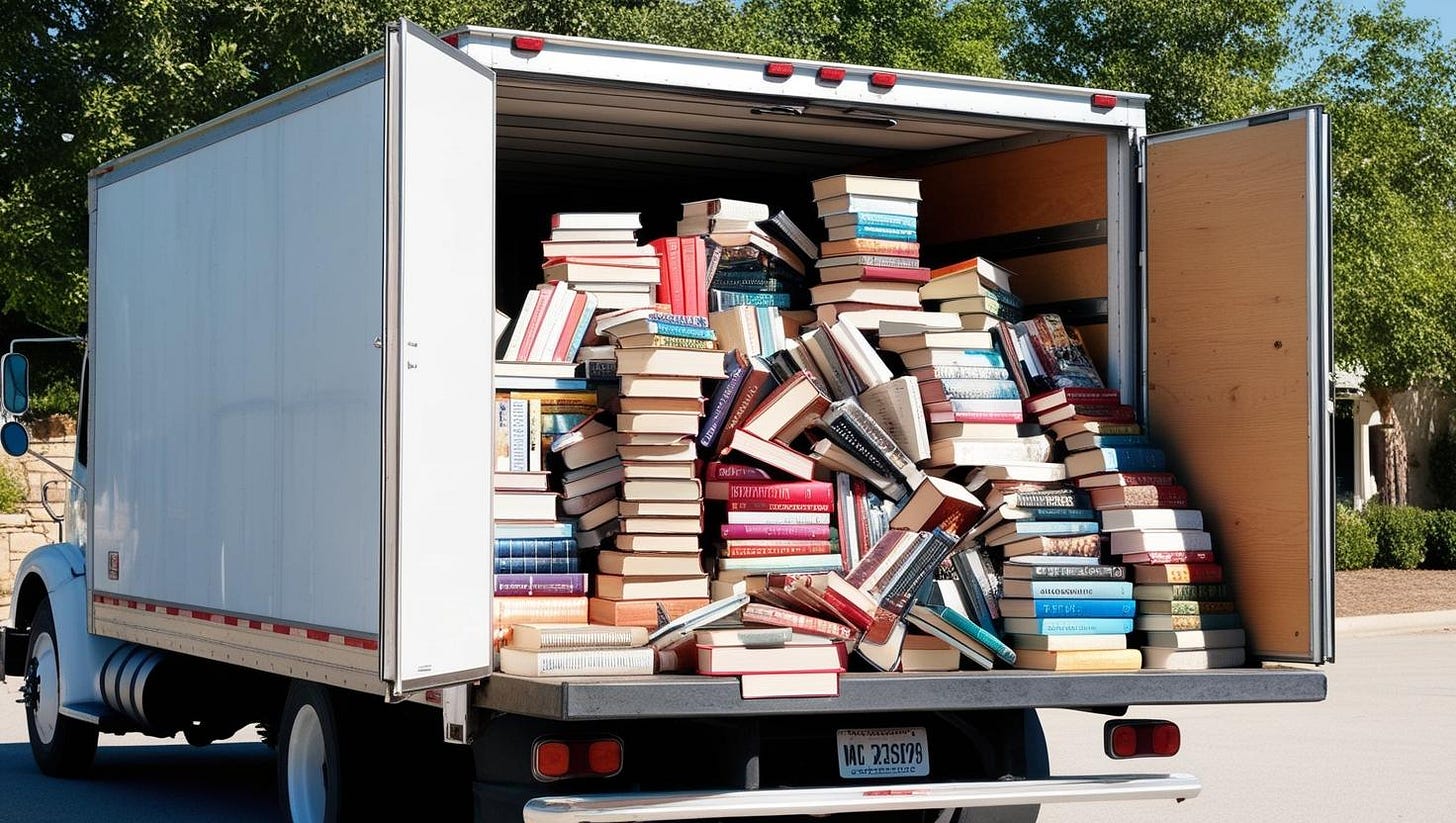You’ll learn a lot about a person if you pack up their house. The brand of toilet paper they buy, where they keep precious objects, their level of commitment to glassware. I imagine most people who can afford to hire someone to pack for them do so because they consider their time too valuable to be spent on tedious work that involves tape and cardboard.…
Keep reading with a 7-day free trial
Subscribe to Unflappable to keep reading this post and get 7 days of free access to the full post archives.





